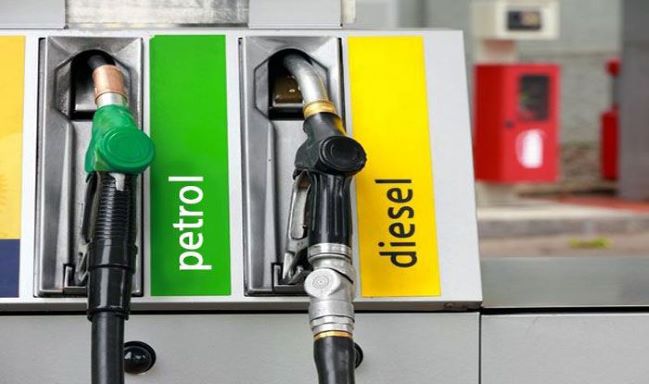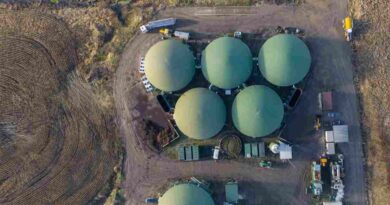Delhi’s Fuel Tax Hike Showcases Dependence on Fuel taxes

The Coronavirus has achieved something almost nothing could in the past few decades. Brought the price of diesel in Delhi above the ruling price in Mumbai. After a steep increase in VAT 9(Value Added Tax) by the state government in Delhi today, both petrol and diesel prices in the city state are up by Rs 1.67 and Rs 7.10 respectively. that means, Diesel climbs all the way to Rs 69.40, well above the current price of Rs 66.21 in Mumbai. Petrol in Delhi has climbed to Rs 71.26 a litre.
The hike by the state government is a desperate attempt to shore up revenues that have collapsed below a level needed to even pay for state salaries. Yesterday, the same government had surprised with a 70 percent ‘corona fee’ on liquor sales, possibly after seeing the huge desperation among tipplers when wine shops finally opened.
The Delhi decision on fuel taxes will have immediate repurcussions for neighbouring states, especially Uttar Pradesh where diesel prices are at a far lower Rs 62.9 per litre. UP, which has a far higher agrarian population which uses the fuel for farming activities, will have to brace for a rush of Delhi vehicles making the trip across the border for the cheaper fuel, unless it ‘corrects’ prices. Considering the travel restrictions in place for now, it might yet take its time to do that. With key public transport still inoperative, that is very limited time indeed.
The move from Delhi’s government comes even as speculative reports were circulating about a major cut in fuel prices by the oil marketing firms. The current hike in VAT by Delhi’s Arvind Kejriwal led state government has effectively ensured that the end consumer will see only a limited, and possibly no benefit of that cut.
As more state government’s pick up from the Delhi example, particularly those ruled by parties opposed to the NDA ruled central government, you can be sure that they will blame the lack of funding support from the centre for their actions, with some justifications.
The worrying impact of this escalation of the politics of fuel and liquor taxes points to worrying second order effects. Dependence on these ‘sin’ taxes is going up massively with other tax avenues crashing due to the lockdown. This dependence will only make it more difficult for governments to consider decisive action that would actually reduce consumption or cause a behavioural shift, whether to EV’s or greener energy more broadly.
It is a legacy of our bureaucratic mindset that every crisis has a tendency to create more complexity and market distortions, that tend to stay on well after things have ‘normalised’ elsewhere. Coming at a time when the clamour worldwide, and increasingly, the direction of stimulus in developed countries has been towards more greener initiatives, India’s fallback on fuel taxes is a double edged sword.
we have already seen reports of losses at Coal India limited mounting, due to the contraction in power demand, and inability of thermal generators to pay up or take up any more coal. In April’20, sales and production dropped 26 per cent and 11 per cent, respectively, compared to April 2019. Dues from state power companies rose to a record ₹16,500 crore towards the end of April this year from about ₹14,000 crore at the end of March. Coal India remains a strategically important firm for now, and chances are, help will come its way very soon to keep it profitable. That can never mean a good thing for the renewable energy sector, which is nowhere close to being out of the woods itself.
By arrangement With Saurenergy.com




